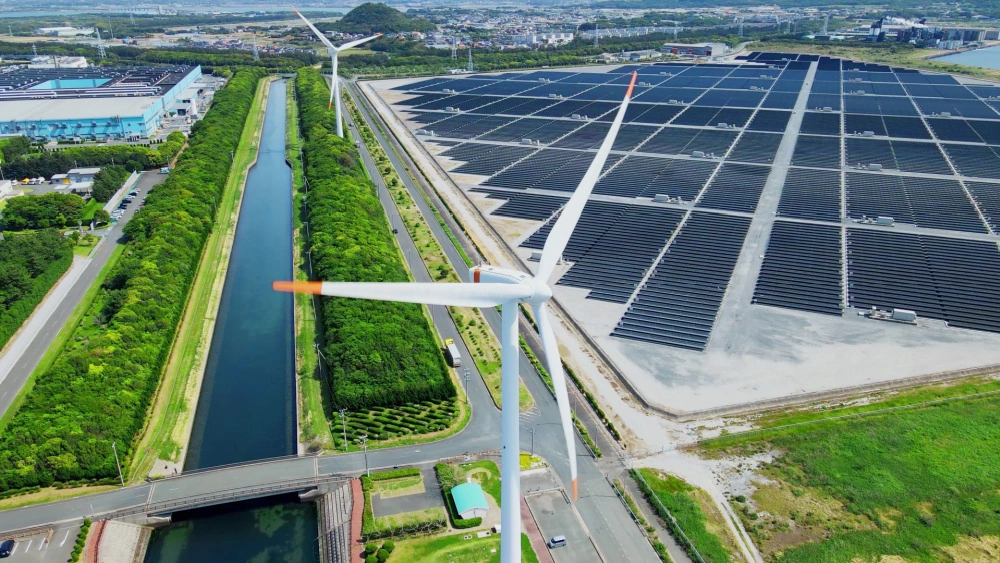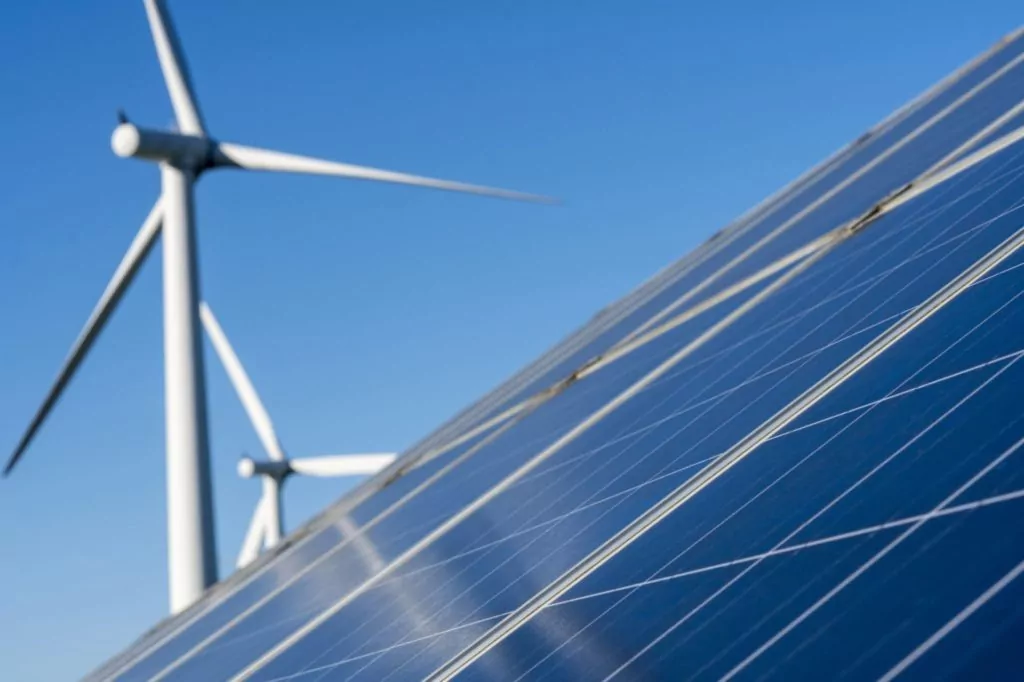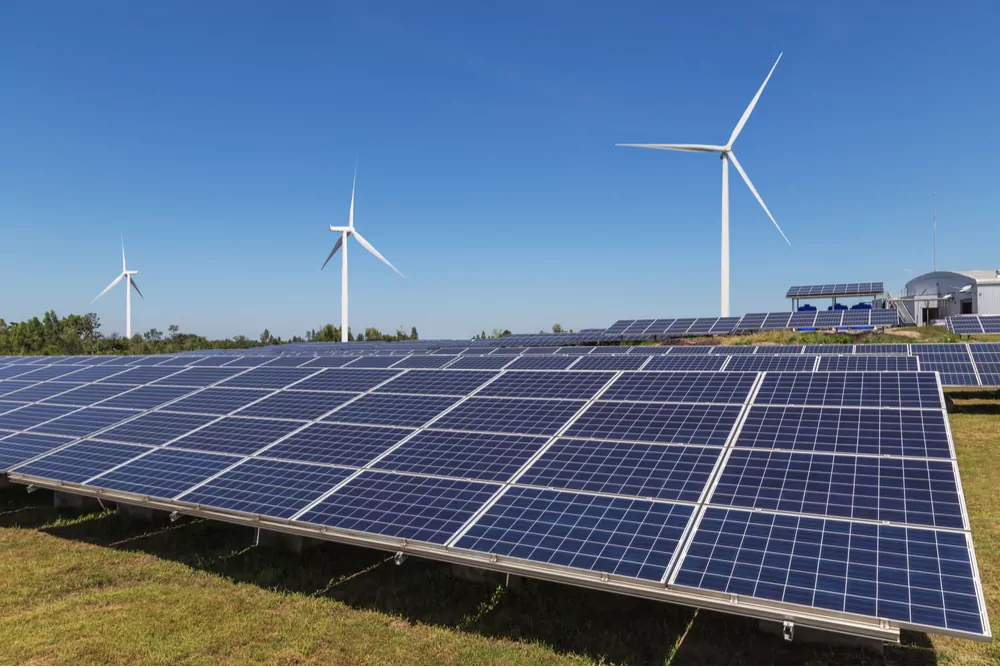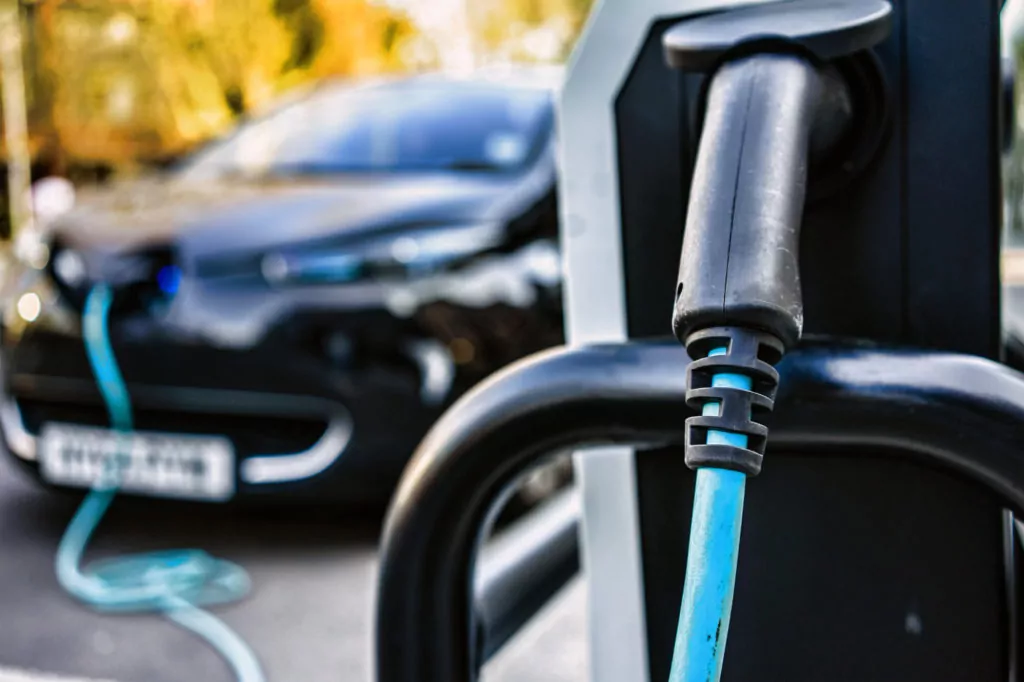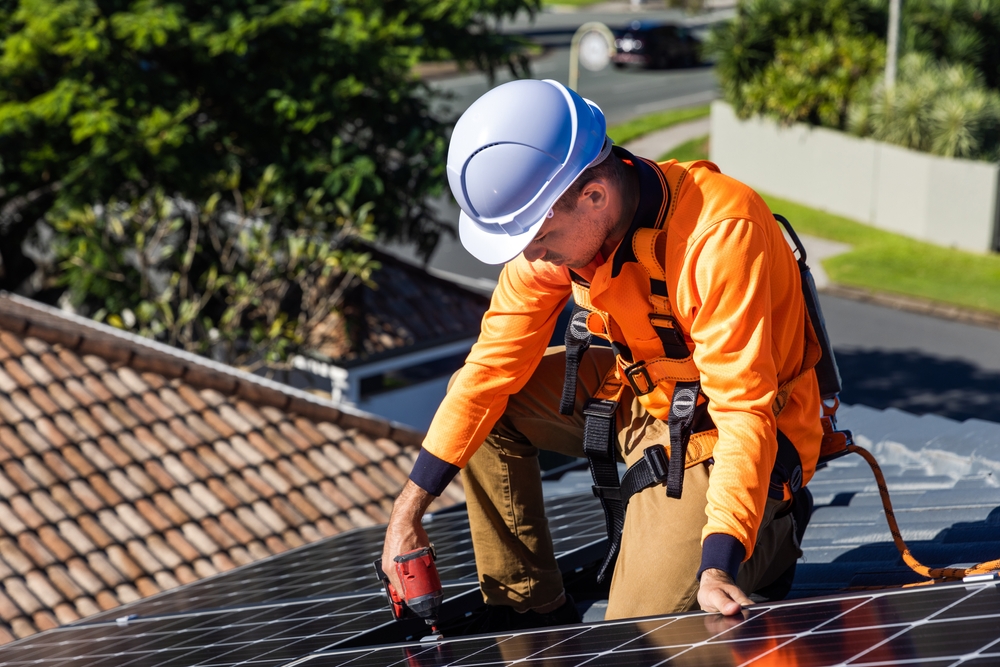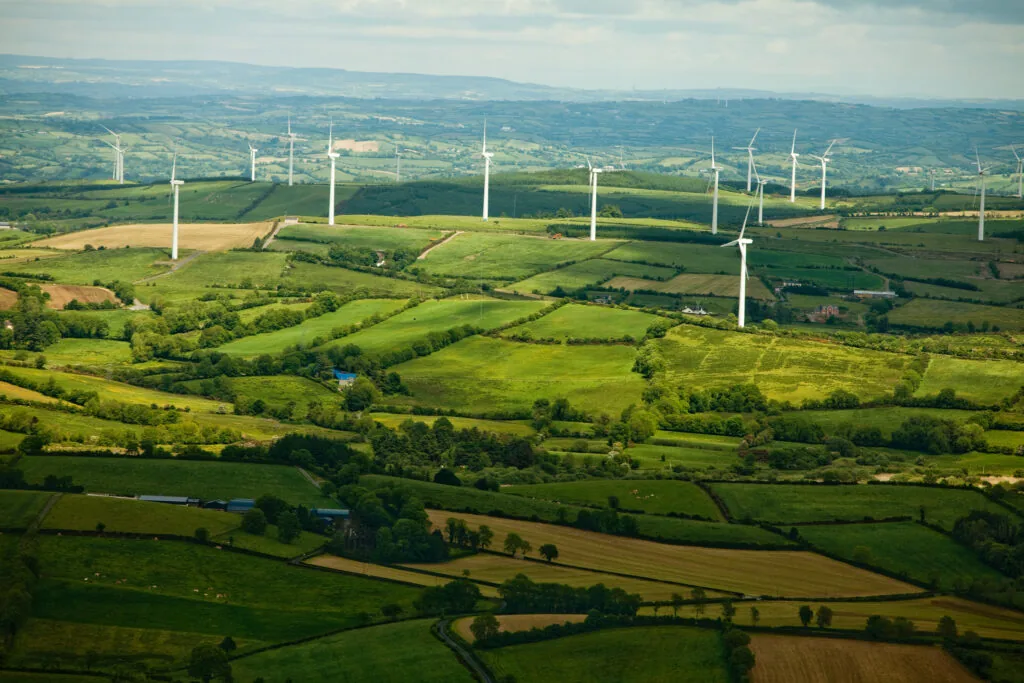
Electric vehicles: Business rates in focus

By Aliki Zeri, Jake Christophersen
1 May 2025 | 2 minute read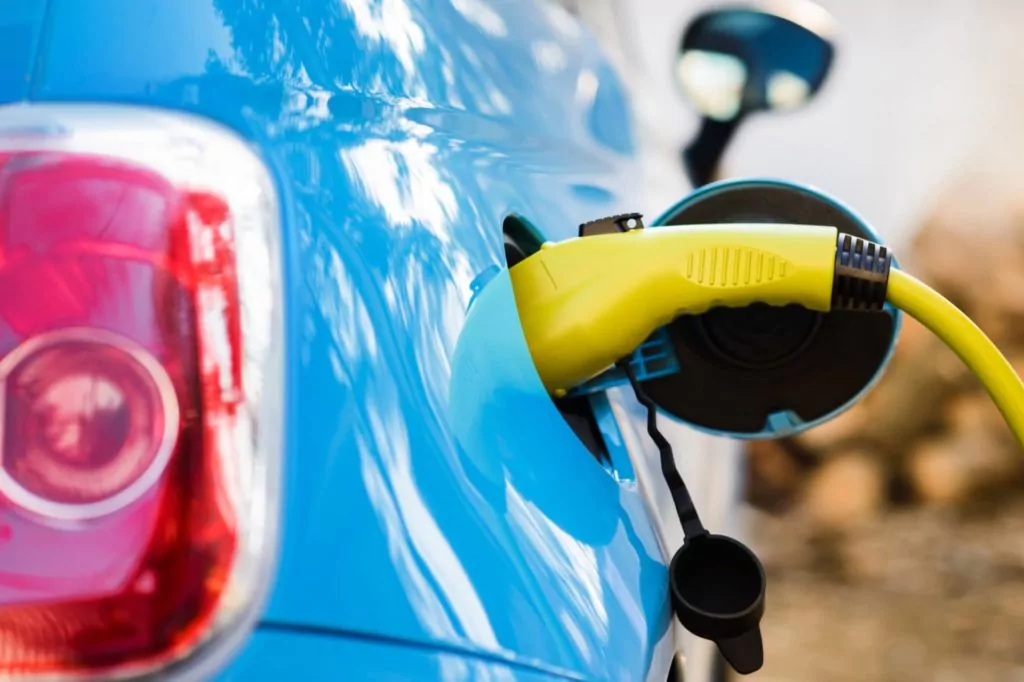
In this article, we take a look at business rates (also known as 'non-domestic rates'); what they are and to whom they apply. We consider the 'green reliefs' currently in place and what this might mean for operators of electric vehicle charging points across the country.
What are business rates?
Business rates are rates that are typically payable on buildings or part of buildings used for non-domestic purposes. They apply to the majority of non-domestic properties, such as shops, offices, factories, leisure facilities and others. Any property liable for business rates is listed in local and central non-domestic ratings lists prepared and maintained by the Valuation Office Agency ("VOA").
Business rates are calculated based on what the VOA considers to be the 'rateable value' ("RV") of the property in question. RV tends to be worked out by either a 'rental' or 'profit' method. Business rates bills are prepared and handled by local councils.
Who pays business rates?
Business rates are usually paid by the occupiers of the property in question or, otherwise, by its owner if a property is not wholly occupied.
However, the Secretary of State can designate persons who neither occupy or own properties as liable to pay business rates. Where this is done, such designated persons will be listed in the ratings lists mentioned above.
Green reliefs
On 1 April 2022, the Valuation for Rating (Plant and Machinery) (England) (Amendment) Regulations 2022 ("the Regulations") came into force with the aim of supporting investment in green energy efficiency measures.
The Regulations expand the list of classes of plant and machinery which will be excepted from business rates payments to include excepted renewables and electric vehicle charging point ("EVCP") plant and machinery, as more particularly described below.
Excepted classes
This exception covers “plant and machinery used or intended to be used for the generation, storage, transformation or transmission of power where the sources of energy or technologies relied upon are mainly or exclusively:”
- Biomass, biofuels, biogas and/or fuel cells
- Photovoltaics and/or solar power
- Water
- Wind
- Geothermal
- Heat from air, water or the ground
This refers to “plant and machinery which is:
(i) used or intended to be used mainly or exclusively for storage, transformation or transmission of power for an electric vehicle charging point and
(ii) within head (d) or (e) of Table 1 [of the Schedule to the Act]”.
Table 1 lists the following under sections (d) and (e):
- Storage batteries with stands and insulators, regulating switches, boosters and connections forming part of any such equipment.
- Static transformers; auto transformers; motor generators; motor converters; rotary converters; transverters; rectifiers; phase converters; frequency changers.
It is worth noting that the exemption began to apply from 1 April 2022 and will do so until 31 March 2035.
What might this mean for EVCP operators?
The lawyerly answer is: "it depends". Technically, any plant and machinery set out above relating to the EVCPs will be business rates-exempt. This means that anything not covered will fall within the business rates regime, including the charging bay itself.
In fact, the VOA's Rating Manual provides that "Electric charging spaces should be noted and included as standard parking spaces. For several reasons, such as where the electricity is coming from, these are not considered separately rateable" (Section 5A: Valuation of All Property Classes: Car Parks).
Ultimately, unless a property is wholly occupied by the EVCP operator, it will be the property owner who is liable for business rates. Whether such rates are passed down to the EVCP operator, e.g. under the provisions of a lease or other arrangement, is another question. It is worth engaging in open conversations on that point when entering into any such agreements and to ensure clarity and set expectations for both landlord and occupier.
Final comments
Although lobbying on the topic of business rates in relation to EV charging has happened in the past, the various governments have not fully exempted EV charging infrastructure from the business rates regime as yet.
EVCP operators should continue to 'watch this space' for any changes to the VOA's rating approach and government messaging or actions in future. In the meantime, it is important for EVCP operators to pay attention to the precise drafting in any lease or other arrangement and, if in doubt, to engage in up-front conversations to determine exactly where liability for any business rates will lie.







